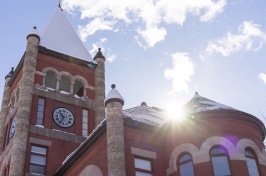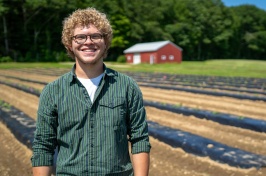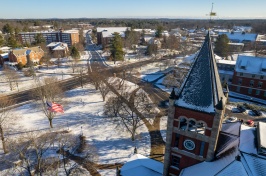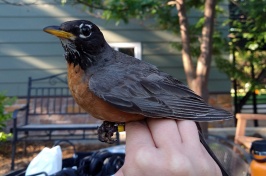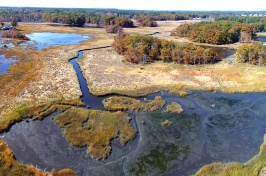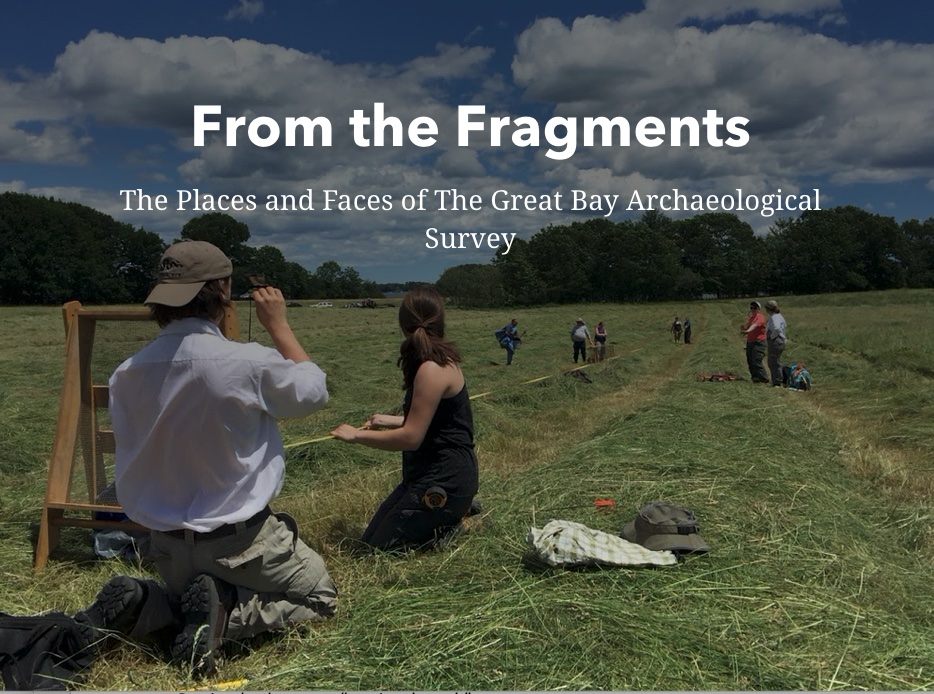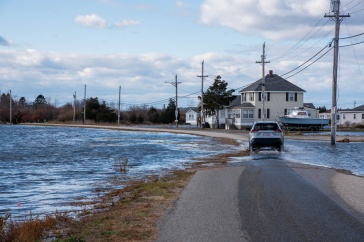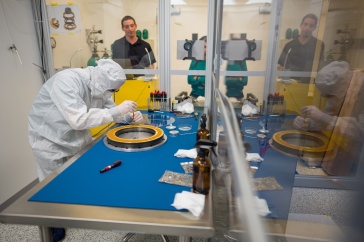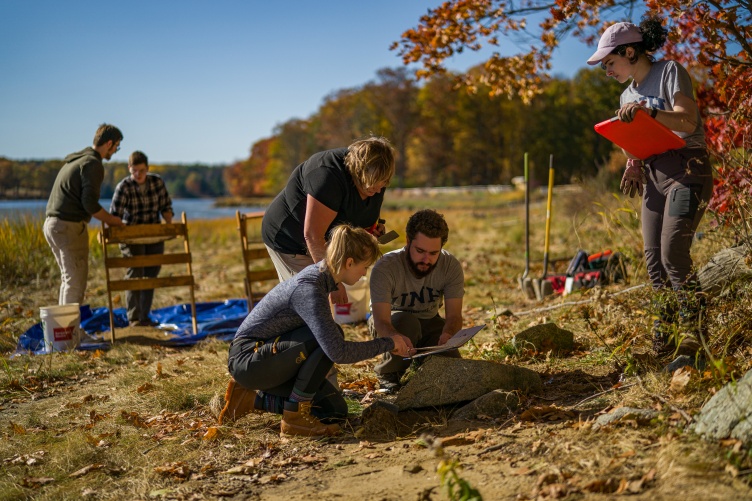
Meghan Howey (center, in black) and students dig for colonial-era artifacts on the shores of the Great Bay Estuary as part of the Great Bay Archaeological Survey.
Since 2016, UNH archaeology professor Meghan Howey has dug into 17th century colonial and Indigenous history along New Hampshire’s Great Bay as director of the Great Bay Archaeological Survey (GBAS). Now, with a prestigious National Endowment for the Humanities Landmarks of American History and Culture grant, 72 K-12 teachers from across the nation will experience these 17th- and early 18th-century colonial era occupation sites and the people who inhabited them through a series of immersive place-based encounters.
“Reaching back to the fragments left behind from those who lived through this period of radical change, perhaps we can find some comfort in knowing we are not alone in living through messy, murky and complex disruptions as we are today.”
The history of the lands still known by Indigenous people as N’dakinna is far more complex than the familiar narrative of Pilgrims, Puritans and friendly Native Americans, Howey says. In the summer of 2023, participating educators will “meet” the diverse peoples who lived in one colonial New England frontier, the Great Bay Estuary: English colonists, Indigenous people, indentured Scots and enslaved African Americans. “Our hope is this institute can provide a model for others and ways to reimagine the entirety of North American colonization,” Howey says.
The project will make extensive use of From the Fragments, an interactive StoryMap that documents the dynamic experiences of early colonization unearthed by the GBAS. The NEH grant, for $187,000, will also incorporate ongoing curriculum development and support; Elaine Marhefka of UNH’s department of education will lead this effort. Additional guest scholars include Abenaki historian and scholar Lisa Brooks; Denise and Paul Pouliot, head speakers of the Cowasuck Band of Pennacook-Abenaki People; Kabria Baumgartner, a leading scholar of New England Black history; and Michael Palace, UNH associate professor of Earth sciences
To Howey, who holds a prestigious Andrew Carnegie Fellowship, extending her team’s extensive excavation of our colonial past to K-12 educators holds promise for our present understanding of our nation. “Reaching back to the fragments left behind from those who lived through this period of radical change, perhaps we can find some comfort in knowing we are not alone in living through messy, murky and complex disruptions as we are today,” she says. “The overarching goal is to study cultural heritage materials in combination with physical sites and document those experiences online so that we share with students a more equitable and inclusive early American story.”
-
Written By:
Beth Potier | UNH Marketing | beth.potier@unh.edu | 2-1566











